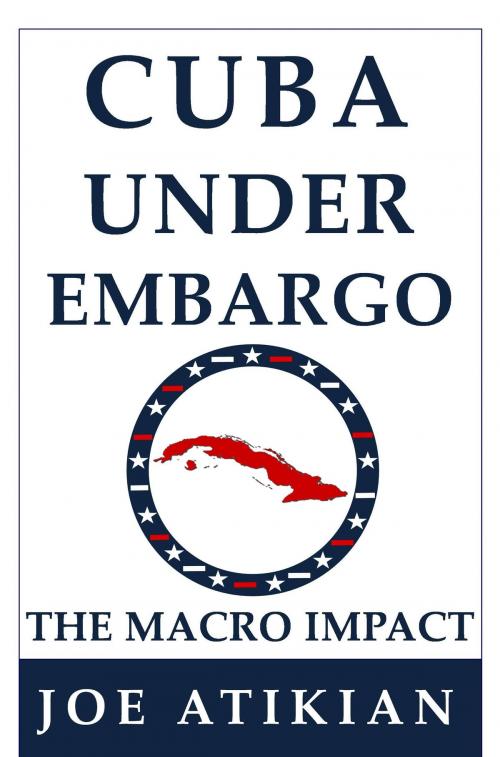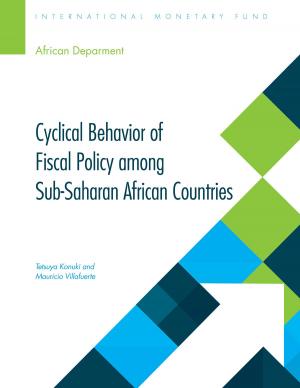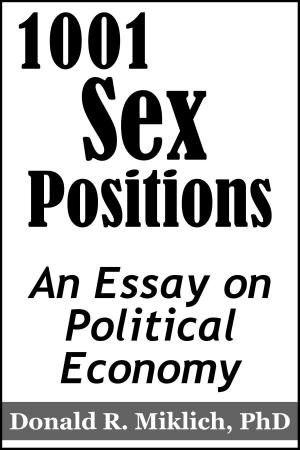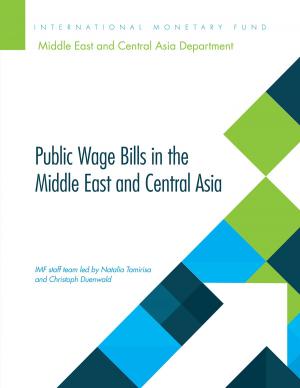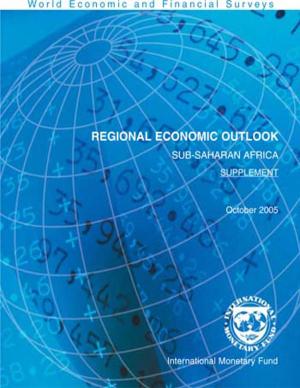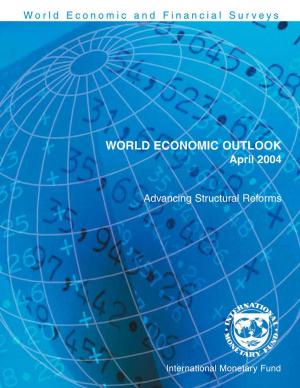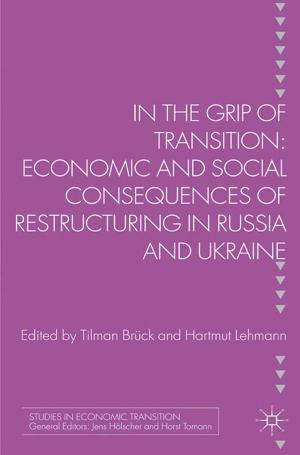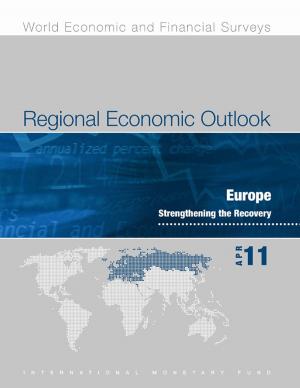Cuba Under Embargo: the Macro Impact
Business & Finance, Economics, Macroeconomics, Nonfiction, Social & Cultural Studies, Political Science, Politics, Economic Policy| Author: | Joe Atikian | ISBN: | 9781476234106 |
| Publisher: | Joe Atikian | Publication: | August 22, 2012 |
| Imprint: | Smashwords Edition | Language: | English |
| Author: | Joe Atikian |
| ISBN: | 9781476234106 |
| Publisher: | Joe Atikian |
| Publication: | August 22, 2012 |
| Imprint: | Smashwords Edition |
| Language: | English |
America's embargo against Cuba has obviously had a broad and serious impact on the island's economy, but nobody has said exactly why it is obvious.
We hear that food is rationed and that medicines are scarce, and yet Cuba's life expectancy is just as good as America's. Newspapers report that cars in Cuba are over 50 years old, and yet new hotels welcome thousands of wealthy foreigners each week. The supposedly obvious economic harm of the embargo has never been independently quantified, and nobody knows the overall effect.
---------------------------
Useful data on Cuba remain scarce, but some fragments are available from government and international agencies. These are standard economic indicators, but they are subject to manipulation so they can only tell part of the story. Because consistent data across the decades do not exist, the usual approach of tracking GDP will not work. To unearth the real impact on Cuba a new method is introduced here. It reveals the embargo's macroeconomic impact by looking at 3 somewhat obscure elements of Cuba's economy before and during the embargo:
- Industrial Structure
- Trade under the Gravity Theory
- The UN Human Development Index
--------------------------------
Cuba has never been as thoroughly compared with its international peers, and the results are surprising.
Did Cuba actually fare worse than non-embargoed countries as is commonly assumed? The data show that Cuba was able to grow under many different conditions including the interwar years, the Soviet period, the post-Soviet period, embargo or no embargo. There were setbacks due to the embargo, but there were also compensating factors. How do these add up?
There may be plenty of reasons to endorse or denounce the embargo, but until now there has been too little information about its macroeconomic impact. Find out what the data reveal under this new analysis.
America's embargo against Cuba has obviously had a broad and serious impact on the island's economy, but nobody has said exactly why it is obvious.
We hear that food is rationed and that medicines are scarce, and yet Cuba's life expectancy is just as good as America's. Newspapers report that cars in Cuba are over 50 years old, and yet new hotels welcome thousands of wealthy foreigners each week. The supposedly obvious economic harm of the embargo has never been independently quantified, and nobody knows the overall effect.
---------------------------
Useful data on Cuba remain scarce, but some fragments are available from government and international agencies. These are standard economic indicators, but they are subject to manipulation so they can only tell part of the story. Because consistent data across the decades do not exist, the usual approach of tracking GDP will not work. To unearth the real impact on Cuba a new method is introduced here. It reveals the embargo's macroeconomic impact by looking at 3 somewhat obscure elements of Cuba's economy before and during the embargo:
- Industrial Structure
- Trade under the Gravity Theory
- The UN Human Development Index
--------------------------------
Cuba has never been as thoroughly compared with its international peers, and the results are surprising.
Did Cuba actually fare worse than non-embargoed countries as is commonly assumed? The data show that Cuba was able to grow under many different conditions including the interwar years, the Soviet period, the post-Soviet period, embargo or no embargo. There were setbacks due to the embargo, but there were also compensating factors. How do these add up?
There may be plenty of reasons to endorse or denounce the embargo, but until now there has been too little information about its macroeconomic impact. Find out what the data reveal under this new analysis.
